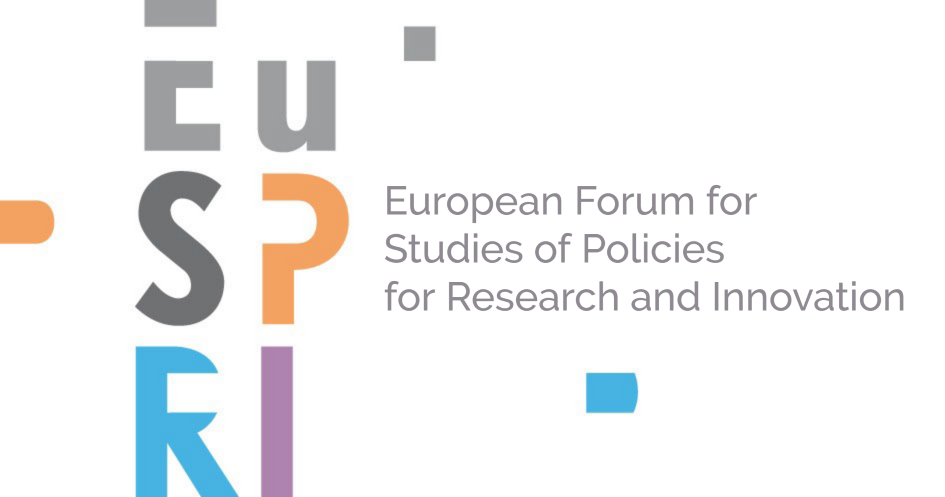Geurts, Amber (The Hague (NL) TNO Vector)
Tackling transition voids in the triple transition
Authors: Amber Geurts, Gijs van Houwelingen, Irene Jonkers, Katharina Cepa, Rachel Kuijlenburg, Fieke Jansen, Shanita Rambharos
Keywords: Triple Transition, Transition Voids, IT Sector
Abstract
Society is confronted with various challenges in the process of digital transformation, particularly when it comes to implementing this transition in a sustainable and just manner. In this context, sustainability encompasses both environmental and social aspects, aiming to ensure that eco-friendly IT products and services are accessible to all members of society and IT is used to accelerate sustainability concerns. The goal of this triple transition is to create a digital landscape that not only advances technological capabilities but also minimizes environmental impact and promotes social inclusivity, thereby addressing the dual concerns of ecological responsibility and equitable access to digital resources.
One key issue that complicates process in the triple transition is the presence of transition voids. We define transition voids as the recognition that the capacity of different stakeholders to act collectively is limited by inadequate modes of organization and coordination (within and outside/between organizations), insufficient mandates and incomplete understandings. For instance, in the IT sector, transition voids manifest in several ways. First, there is often a lack of cohesive strategies and frameworks that align the efforts of various stakeholders, including companies, regulators, and consumers. This misalignment leads to disjointed initiatives that fail to achieve significant impact. Second, the mandates of organizations involved in the transition are frequently insufficient, limiting their ability to enforce or encourage sustainable practices. Third, there is a pervasive lack of understanding about the complexities and interdependencies involved in transitioning to sustainable IT, which hampers effective decision-making and collaboration.
We believe that for overcoming these transition voids in the triple transition, a holistic approach to STI policy and business practices is required. We thereby emphasize the key role of the IT sector in achieving a sustainable and just digital transition, but welcome studies that take other perspectives (e.g. IT for sustainability) as well. Key questions for research include:
• What are the most effective ways to foster sustainability-oriented collaboration and coordination among diverse stakeholders in the IT sector to overcome transition voids?
• How can public-private partnerships be designed for impact on the triple transition? (e.g. through bringing together diverse communities, collaborative business modelling).
• How can policies be designed to promote business model innovation aimed at sustainable IT strategies while phasing out unsustainable business models without stifling innovation?
• What specific measures can be implemented to address power imbalances in the tech sector and ensure that all stakeholders contribute to and benefit from the transition to sustainability?
• How can IT contribute to accelerating the achievement of sustainability goals?
Our goal is to collect theoretical studies that examine the concept of transition voids from various perspectives, including management studies, innovation studies, transition studies and systems thinking. We also seek empirical studies that provide in-depth case analyses and comparative studies of past or recent examples of transition voids within organizations and ecosystems, as well as methodological and experimental research on this concept. Our ambition is to build and nurture a research community of scholars dedicated to achieving a sustainable and just digital transition. While our primary focus is on transition voids in the context of digital sustainability, we also welcome broader transition studies that could inspire innovative solutions for digital sustainability challenges.
